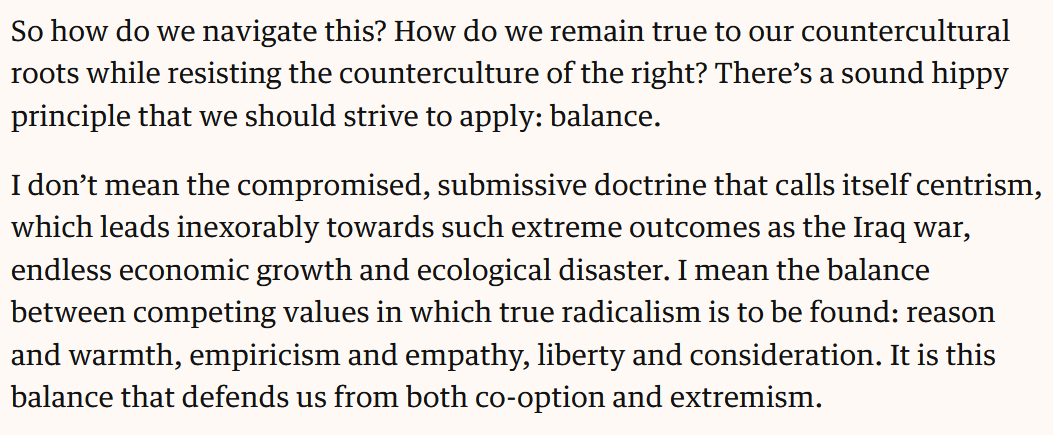
We've wasted five years in this country, and will waste many more, on Brexit, whose sole purpose was to resolve an internal dispute in the Conservative Party.
Years we could have spent addressing our real, existential crisis, the threat to the living systems that keep us alive.
Years we could have spent addressing our real, existential crisis, the threat to the living systems that keep us alive.
Sometimes I wonder whether such cosmic self-indulgence, this profligacy with time even as it was running out, was a way of avoiding the real issues government should have been addressing. A giant displacement activity.
People will look back on this age (if anyone still has the means or time to look back) with incredulity. "They were obsessing over THAT when they should have been dealing with THIS? You have to be kidding!"
And the same applies to the whole culture. The utter trivia that dominates the news, the national obsessions with baking, dancing, celebrity, sport at the expense of everything else, the disputes splitting the Labour Party: all the while the sand is running through our fingers.
It's as the whole nation has been sedated by frivolity and pointless argument, as a disaster of unimaginable proportions approaches. A handful of people are doing everything they can to wake us up, slapping our cheeks, pouring cold water, but we just push them away.
• • •
Missing some Tweet in this thread? You can try to
force a refresh






